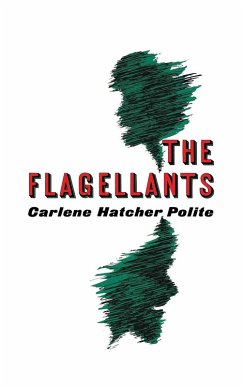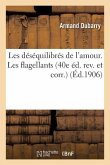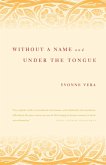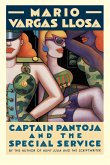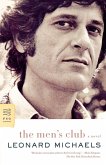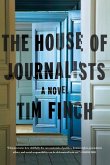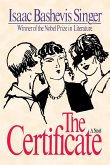Feminist and civil rights activist Charlene Hatcher Polite interrogates the violent conflicts at the intersection of race and gender in her first novel, The Flagellants. Ideal and Jimson are a young black couple living in New York City, whose escalating verbal and physical clashes reflect the casual brutality inflicted on African Americans. Dismissed by some for its experimental, nonlinear style and dense dialect, The Flagellants was praised by others for its powerful voice of rage against an oppressive society. As The New York Times Book Review noted upon its publication, the book "was among the first fictional works by a black woman to focus directly on the theme of the sometimes bitter antagonism between black men and women," a theme later taken up by Toni Morrison and Alice Walker. Originally published in France to critical acclaim and only later in the U.S., The Flagellants is at once a scathing critique of black masculinity and femininity, race relations in the 1960s, and invented dichotomies across the human experience.

